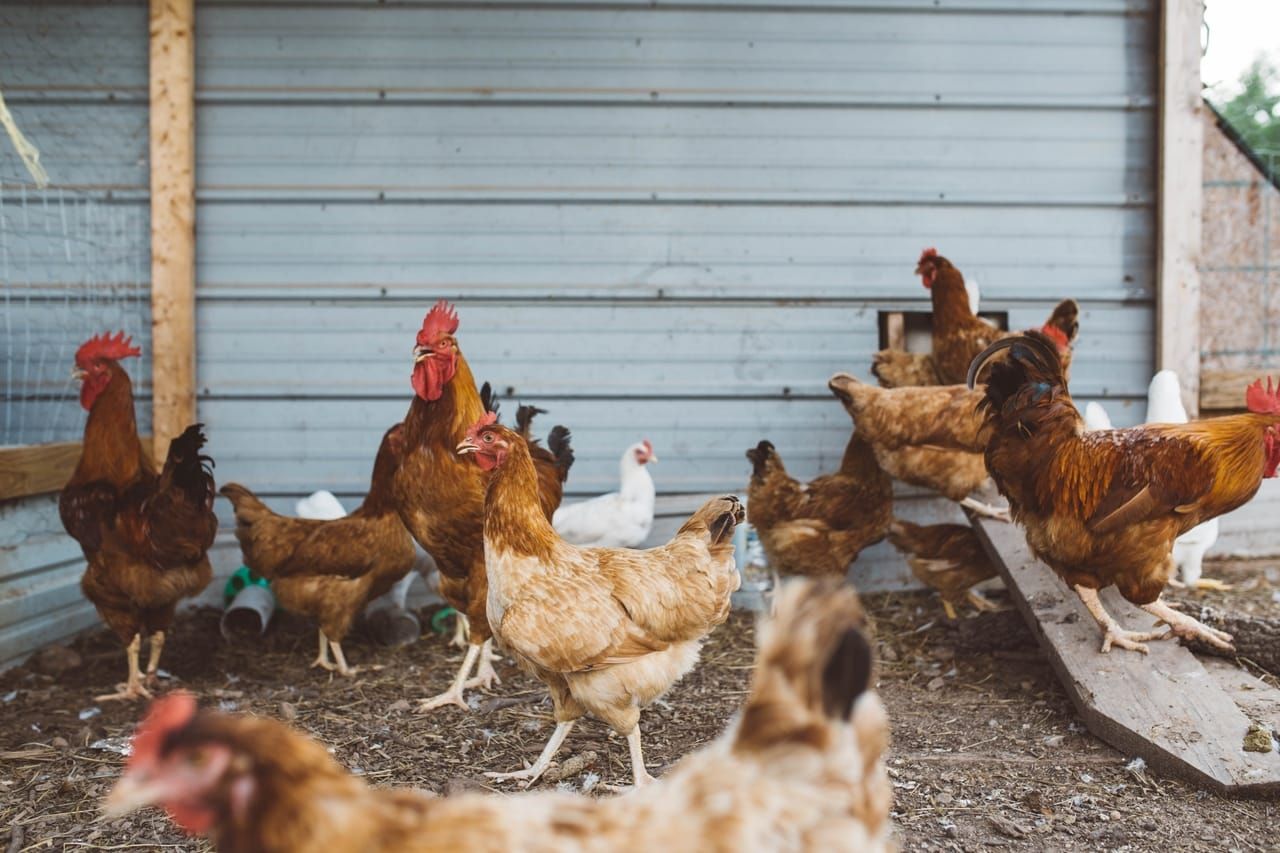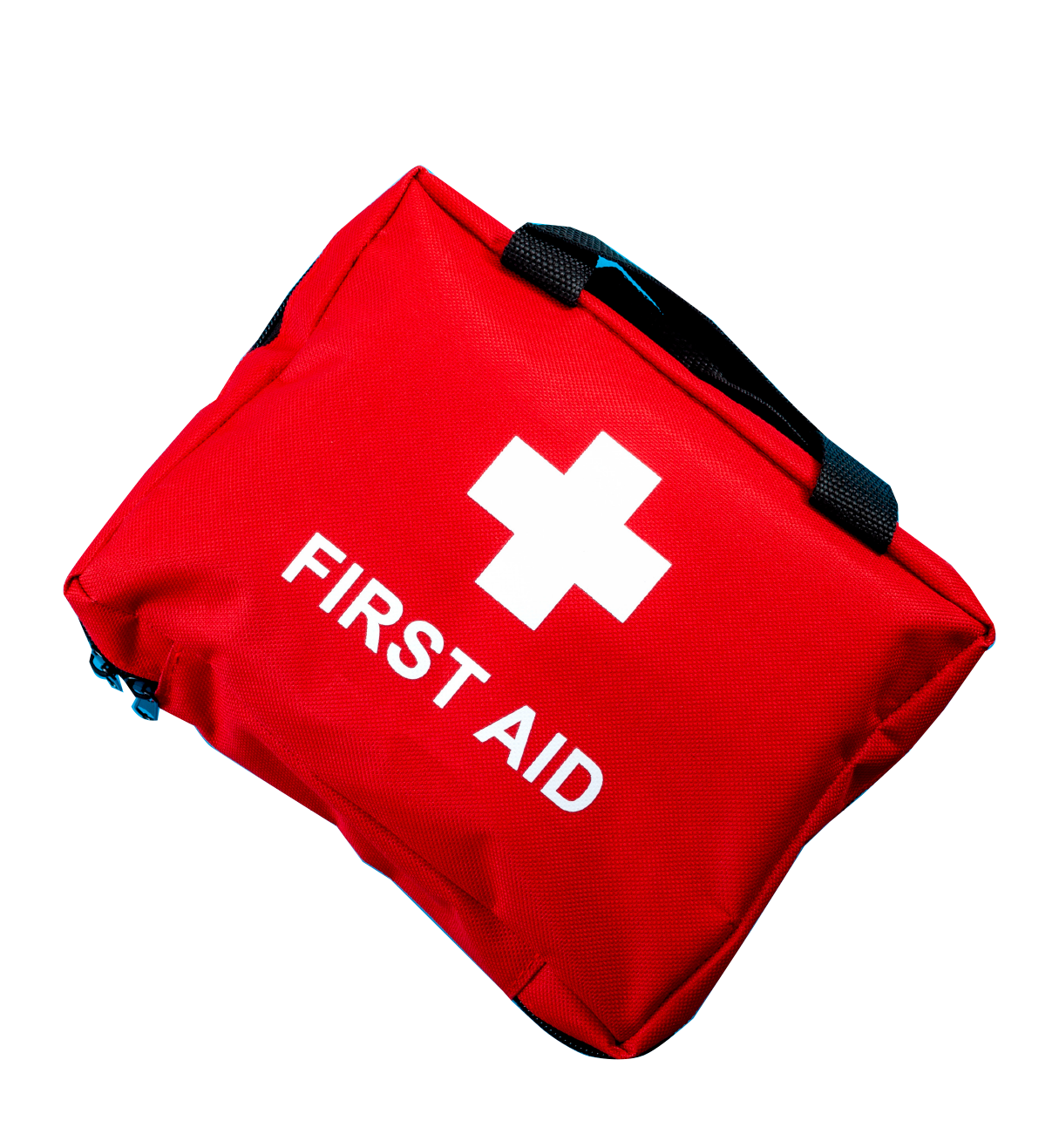Tips for Flock Safety


If you’ve invested time, money, and effort into raising a flock, then protecting your chickens is probably one of your biggest concerns. Knowing what to expect and how to respond is the best way to ensure your chickens are happy, healthy, and protected.
Protect Against Predators
Before purchasing your flock, you probably researched predators in your area and prepared your coop accordingly. During fall and winter, longer nights and scarce food supplies mean some predators may become bolder out of desperation. Chicken wire is great for keeping your chickens in, but you should consider something heavier, like hardware cloth, to keep predators out. You may also want to explore using motion-activated lights, two-step locks, and electric fencing for especially savvy predators.
Don’t Overheat Your Flock
It may be tempting to add a little extra insulation or a heater to ensure your chickens stay warm in the bitter cold. Chickens are actually able to adapt to the cold over time, so they get used to the falling temperatures. If you add too much insulation or install a heating unit, you’re actually taking away their opportunity to adapt, which can cause problems down the line.
Insulation
When it comes to insulation, it’s important to consider more than just keeping the coop warm. Chickens create a lot of moisture through respiration and excretion. As they remain inside the coop for longer periods during colder weather, the moisture builds up faster. If ventilation is poor due to tight insulation, it can lead to respiratory and mold-related illnesses.
Heaters
Heaters are another option that sound great but could ultimately decimate your flock in a few different ways. First, there is risk fire—especially with the large amount of dust in a chicken coop. Because heaters need power to function, one power outage could spell disaster for chickens that have not acclimated to the cold. It’s also possible that your chickens won’t leave their warm coop to go outside, increasing the risk of moisture buildup and respiratory illnesses in your flock.
Fight Infections
Chickens are susceptible to respiratory illnesses like Newcastle disease and avian flu, but there are steps you can take to prevent them. The best way to protect your flock is to help them build healthy immune systems.
- Designate one pair of boots for use in your coop, and don’t wear them anywhere else under any circumstances. You don’t want to track pathogens into your coop.
- Park vehicles away from your coop. Infected manure and debris can stick in tire treads and then become dislodged.
- Quarantine new birds for at least 30 days before introducing them to the main coop. Monitor your new birds for signs of illness. Don’t forget to wash your hands and change attire before moving between the new birds and your existing flock.
- Since wild birds can carry illnesses, you want to keep bird feeders far from your flock.
Protect Against Cold Weather
With extreme weather changes, you may feel the urge to move your flock indoors, but it’s not necessary and it can create health risks. There are plenty of other ways to keep your chickens safe and healthy during the colder weather months.
Mind the Coop Door
Leave the coop door open to allow your chickens to decide whether it’s too cold to go out. You’ll probably find that some won’t set foot outside if there’s a dusting of snow, while others may actually enjoy a winter wonderland! If you’re concerned about forgetting to open or close the door, try using an automatic coop door.
Keep Them Entertained
Like us, chickens will be cooped up a lot more during the winter. The last thing you want is your flock fighting because they’re bored. Try providing treats that double as entertainment. For example, hang a head of lettuce that will swing around as they peck at it.
Clean the Coop More Often
Chickens will definitely spend more time in the coop when it’s cold outside and the nights are longer. You’ll have to be diligent about cleaning up after your flock to keep everything as dry and comfortable as possible. This includes making sure they have fresh, unfrozen water.
Protect Their Combs
Chicken combs are highly vascularized organs that can be prone to freezing during cold weather. Protect them by preventing excess moisture and drafts within the coop, making sure your flock is well hydrated and fed, particularly before going to roost for the night, and providing enough roost space for all of the chickens to roost together and share body warmth. You can also apply VetRx to the combs to stimulate the capillaries and bring more warm blood close to the skin’s surface.
The Safe Coop
How you protect your flock will depend on your chickens and the conditions and environment in which they live. In all cases, it’s important to do your research and check on your flock often. For the most comprehensive, up-to-date information on raising chickens, sign up for your free digital subscription to Chicken Whisperer Magazine today.
Tags:Healthy Flock

Chicken Whisperer is part of the Catalyst Communications Network publication family.











